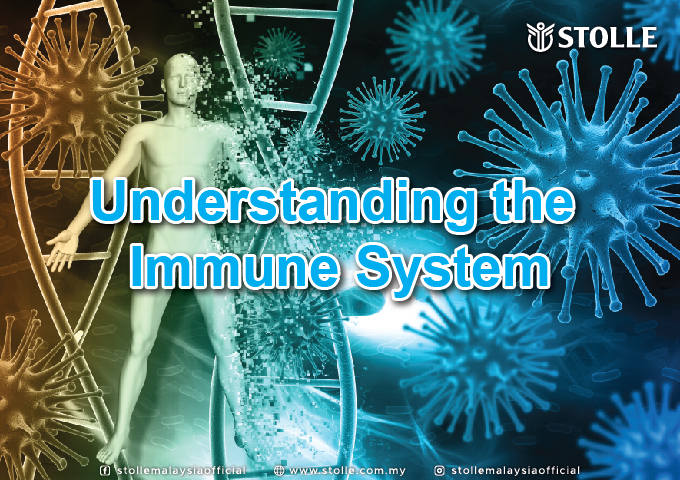

Understanding the Immune System
Have you ever heard that the immune system is the body’s best doctor?
The immune system is critical for defending the body against pathogens, foreign substances, and harmful microorganisms. It consists of many different types of cells, tissues, and organs that work together to identify and destroy potential threats, thereby maintaining the body’s health.
The immune system is primarily divided into:
-
Innate Immunity:
- Innate immunity refers to the non-specific defense mechanisms that the body is born with. It serves as the first line of defense for the immune system and can respond rapidly within minutes to hours after a pathogen invasion.
- Components of the innate immune system include the skin, mucous membranes, macrophages, natural killer cells, neutrophils, etc.
-
Adaptive Immunity:
- Adaptive immunity refers to the specific defense mechanisms that are gradually developed after birth through exposure to specific pathogens or through vaccination. Although the response time is longer, adaptive immunity is highly specific and has a memory function, allowing it to respond faster and stronger upon subsequent exposure to the same pathogen.
- The adaptive immune system includes lymphocytes (T cell and B cell), lymph nodes, spleen, and bone marrow.
The Importance of Immune Balance
Immune balance refers to the delicate balance between the immune system's response and regulation. When the immune system functions properly, it can effectively recognize and combat external threats while avoiding excessive reactions to the body's tissues.
However, if immune balance is disrupted, it can lead to a range of health problems:
- Overactive Immune Response: When the immune system overreacts, it may attack the body’s healthy tissues, leading to autoimmune diseases such as rheumatoid arthritis or lupus. An overactive immune response can also result in allergic reactions, such as hay fever or food allergies.
- Immunodeficiency: When the immune system is underactive, the body’s ability to defend against external pathogens is weakened, making it more susceptible to infections from viruses, bacteria, or fungi. Moreover, inefficient immune responses can allow abnormal cells to proliferate, potentially leading to cancer, as the system fails to recognize and eliminate abnormal cells in time.
Maintaining immune balance is crucial to preventing these issues.
How to Maintain Immune Balance
Maintaining immune balance requires effort in various areas, from leading a healthy lifestyle to adopting reasonable dietary habits, all of which significantly impact the function of the immune system. Here are some ways to maintain immune balance:
- Balanced diet
- Regular exercise
- Sufficient sleep
- Stress management
- Good hygiene practices
- Drinking Stolle Immune Milk
Stolle ImmNuPlus Effectively Builds Immune Balance:
- Over 60 years of research, 200 global patents, and more than 20 scientific studies make it stand out
- Patented active factors, including Specific IgG and IgA, anti-inflammatory factors, macrophage activation factors, and anti-atherosclerosis factors directly supporting a balanced immune system.
- Simultaneously maintains digestive system health, protects the lungs, and stabilizes cardiovascular health.
- Exclusive ingredient Milk Protein Concentrate is added, providing 1.5 times stronger protection.
- Your best choice for your family's health!







